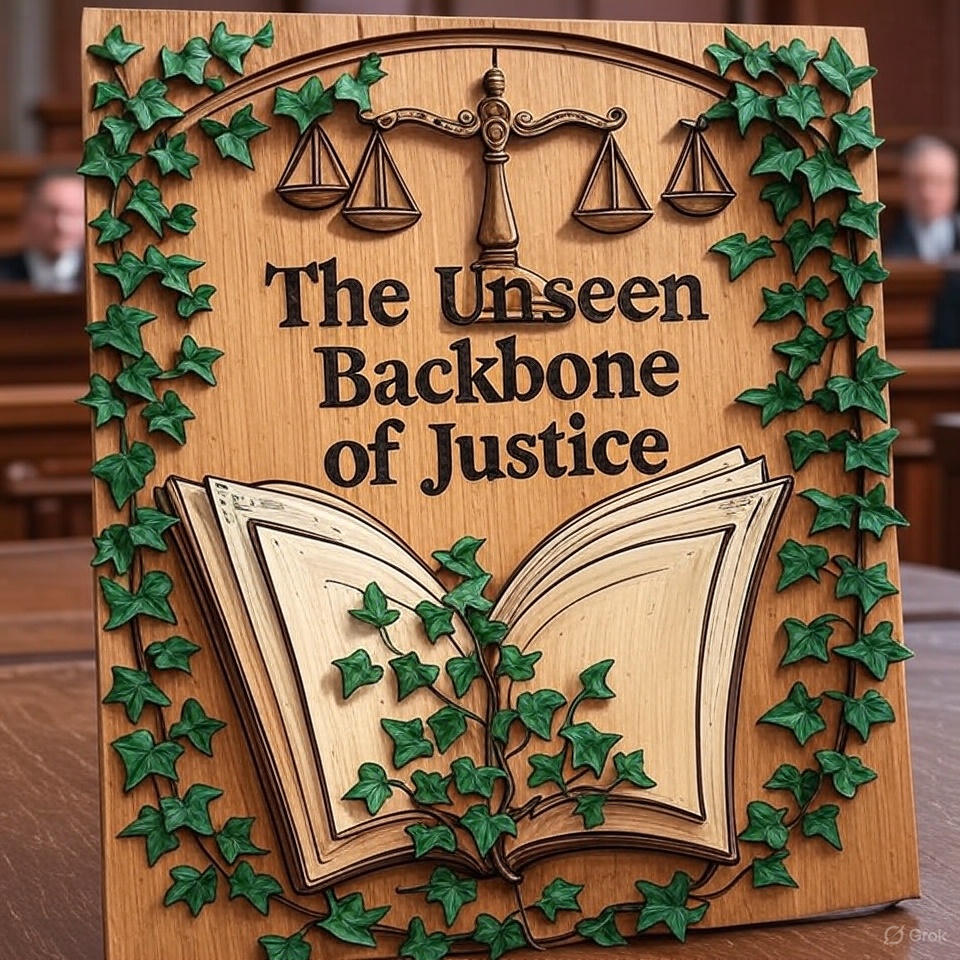In the intricate machinery of the legal system, where judges preside, attorneys argue, and juries deliberate, one critical role often operates just beneath the radar: the court reporter. These professionals are the silent sentinels of the courtroom, responsible for capturing every word spoken during proceedings with precision and impartiality. Though rarely in the spotlight, court reporters form the backbone of a just and transparent legal process.
At first glance, court reporting might appear to be a straightforward task—transcribing what is said in court. In reality, it requires a unique blend of skills: lightning-fast typing, acute listening, deep knowledge of legal terminology, and, above all, unwavering accuracy. A single mistranscription can potentially alter the trajectory of a legal case, underscoring the immense responsibility these professionals shoulder every day.
The Role and Importance of Court Reporters
Court reporters produce official transcripts of trials, depositions, and other legal proceedings. These records serve as the authoritative account of what occurred, providing the foundation for appeals, future litigation, and legal analysis. Without these detailed transcripts, it would be nearly impossible to review past cases or ensure that justice was properly served.
Moreover, court reporters are often called upon to provide real-time transcription services during high-stakes trials. Known as real-time reporting, this method enables judges and attorneys to view the transcript as it unfolds, often within seconds of speech. This can be particularly useful for referencing testimony, objecting to improper questions, or clarifying statements during the proceedings themselves.
Training and Technology in Modern Court Reporting
Becoming a court reporter is no small feat. Most professionals undergo extensive training in stenography or voice writing, passing rigorous certification exams that test their speed and accuracy. The most skilled reporters can transcribe over 225 words per minute with near-perfect accuracy.
In today’s legal landscape, technology has become an indispensable ally. Digital court reporting and voice recognition tools are increasingly common, allowing for faster turnarounds and more streamlined workflows. Still, even the most advanced technology requires a human expert to ensure accuracy, context, and legal integrity.
Court Reporters in the Community
While much of a court reporter’s work happens within the confines of courtrooms or law offices, their role extends far beyond. They are essential in settings such as arbitration hearings, corporate litigation, and even public hearings. Their presence guarantees an objective and unalterable record of events, which can be crucial for both legal professionals and the general public.
In legal hubs across the country, demand for experienced court reporters remains high. For example, the need for reliable court reporters in Denver continues to grow as the city experiences an uptick in legal activity across both civil and criminal courts. Services in this region are expected to maintain high standards of professionalism, confidentiality, and technical expertise—qualities that define the best in the field.
The Future of Court Reporting
As the legal system becomes more digital and globally interconnected, the court reporting industry is poised for both growth and transformation. Remote depositions, video conferencing, and digital storage of transcripts are rapidly becoming the norm. Yet even amid these changes, the core mission remains the same: to provide an accurate, unbiased, and complete record of the legal process.
This balance of tradition and innovation ensures that court reporters will continue to play a vital, if sometimes underappreciated, role in upholding justice. They are the guardians of the courtroom record, quietly and diligently preserving the truth, one word at a time.






